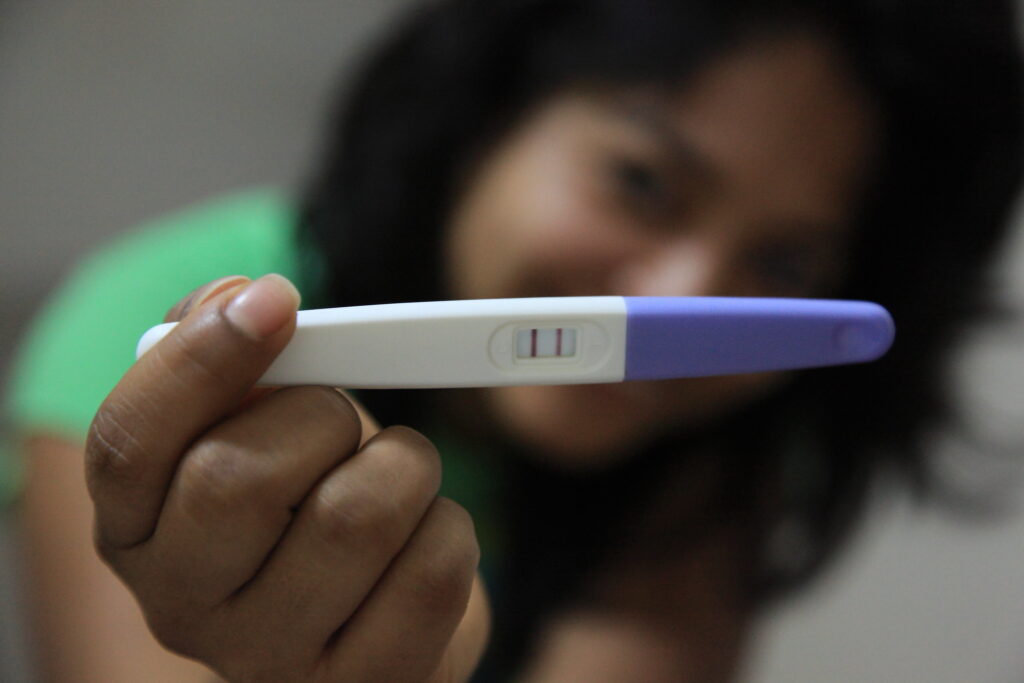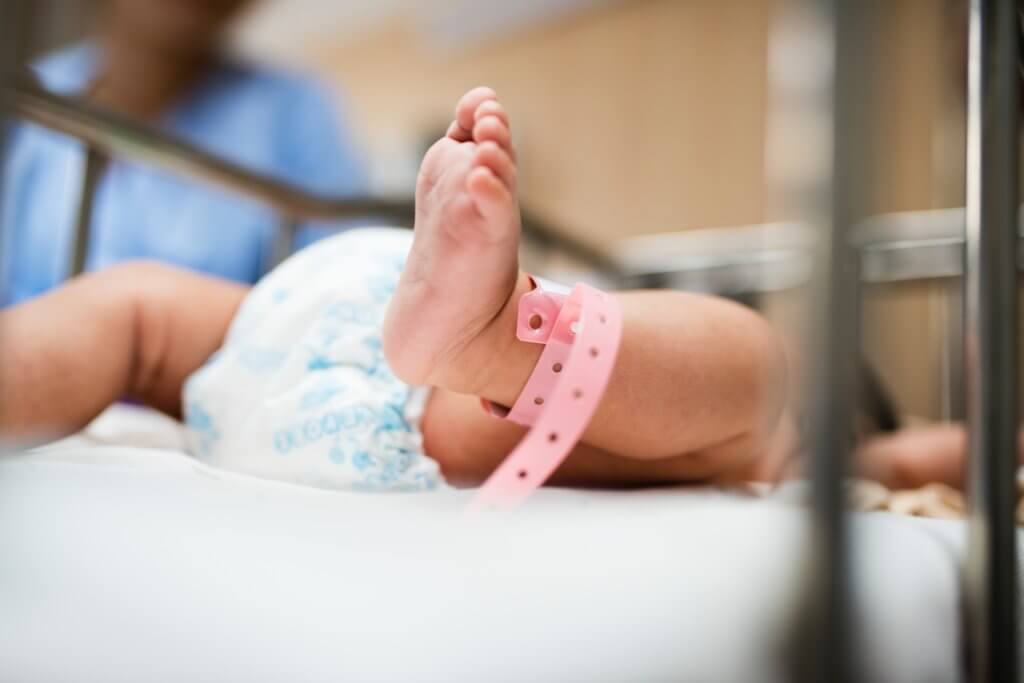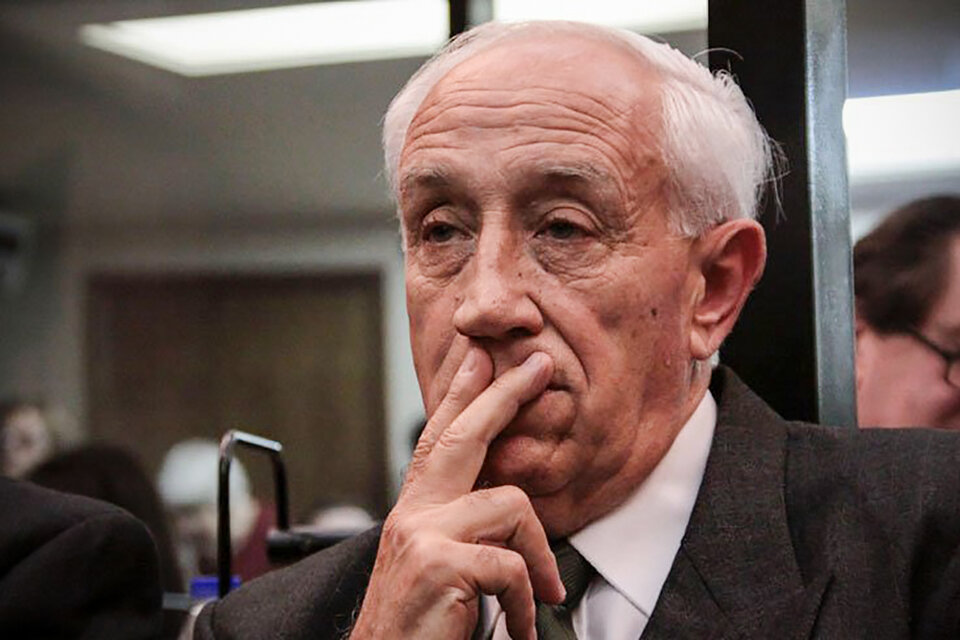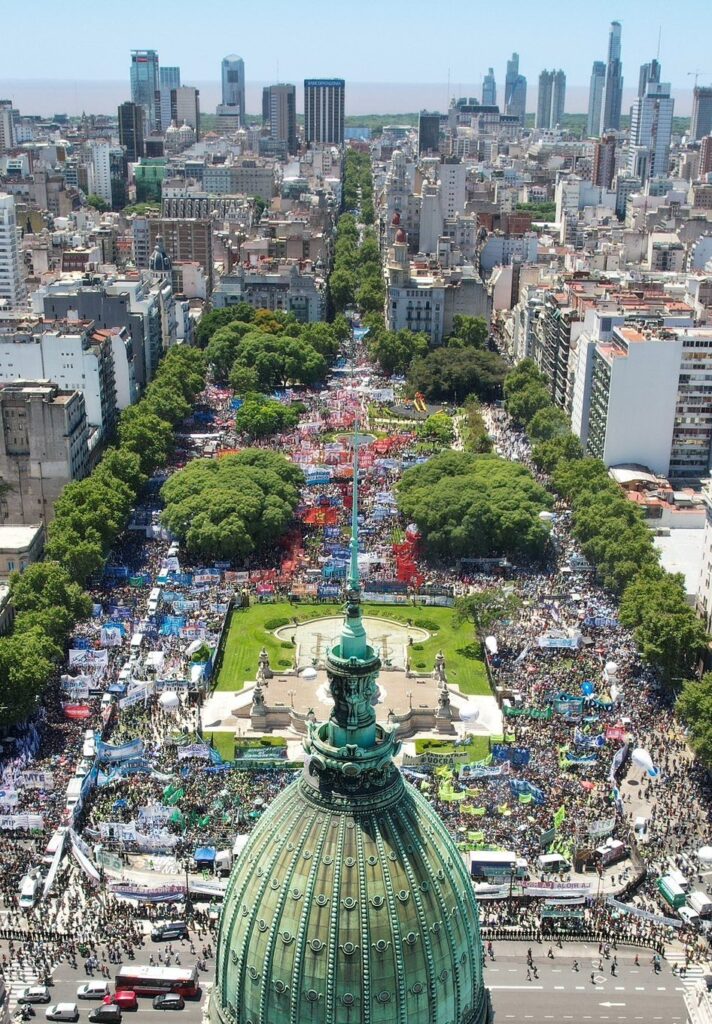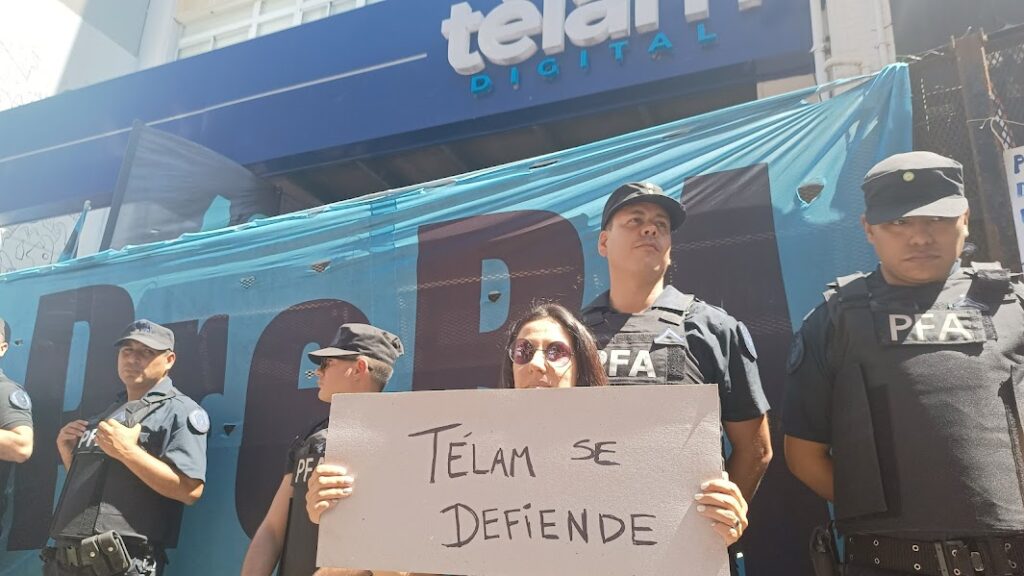Buenos Aires, Argentina — Poverty in Argentina reached its highest level in 20 years as President Javier Milei struggles to reign in a troubled economy in which citizens’ income can’t keep up with the cost of goods.
According to the Catholic University of Argentina’s social debt observatory, 57.4% of the population struggles to cover the cost of food and basic services. This is the highest poverty level since the observatory began monitoring in 2004, and the report warns things could get worse in February.
Inflation has become somewhat synonymous with Argentina’s economy in recent years, and past administrations had set strict price controls meant to regulate the cost of goods and services.
When Milei took office on December 10, 2023, the country was rounding out the last month of the year with a 25.5% inflation rate, the highest in three decades, according to the National Institute for Statistics and Census (INDEC). Upon taking office, Milei, a self described anarcho-capitalist, issued a set of economic shock decrees, including devaluing the Argentine peso by 54%, and lifting almost every instance of government price controls. As a result, prices shot up, and so far, the average Argentine’s income can’t keep pace with rising costs.
In January, INDEC showed that inflation had slowed somewhat to 20.6%. Prices on goods and services grew by 44.4%, transportation 26.3%, and phone and internet companies raised their costs by 25.1%.
Agustín Salvia, head of the Catholic University of Argentina’s social debt observatory, said there is “a generalized impoverishment of Argentine society” as a result of “a decrease in purchasing power.”
The study also measured destitution, which INDEC defines as the inability to achieve a monthly income greater than the basic food basket — a common poverty indicator. In the last two months, destitution in Argentina jumped from 9.8% to 15% of the population, the worst levels since the country’s 2001 economic crisis.
Salvia explained that people from the middle and lower classes who are not included in welfare programs are the most impacted by inflation, as families are not able to compensate for the depreciation of their income.
“Our perspective is that this will keep getting worse in February,” he said.
On Monday, Economy Minister Luis Caputo said that the government would raise the minimum wage and pensions by 30%, 16 points behind inflation. He also predicted that prices in February would continue to rise, but “closer to 10% than to 20%.”

Last week, Caputo and President Milei cheered the official announcement of the country’s first fiscal surplus since 2012. According to the Fiscal Analysis Institute of Argentina (IARAF), the surplus was achieved after cutting 39.4% of primary spending.
Argentina’s government halted subsidies for key areas like public transportation and energy and made a significant funding reduction on education. Pensions and welfare programs received the biggest cuts.



